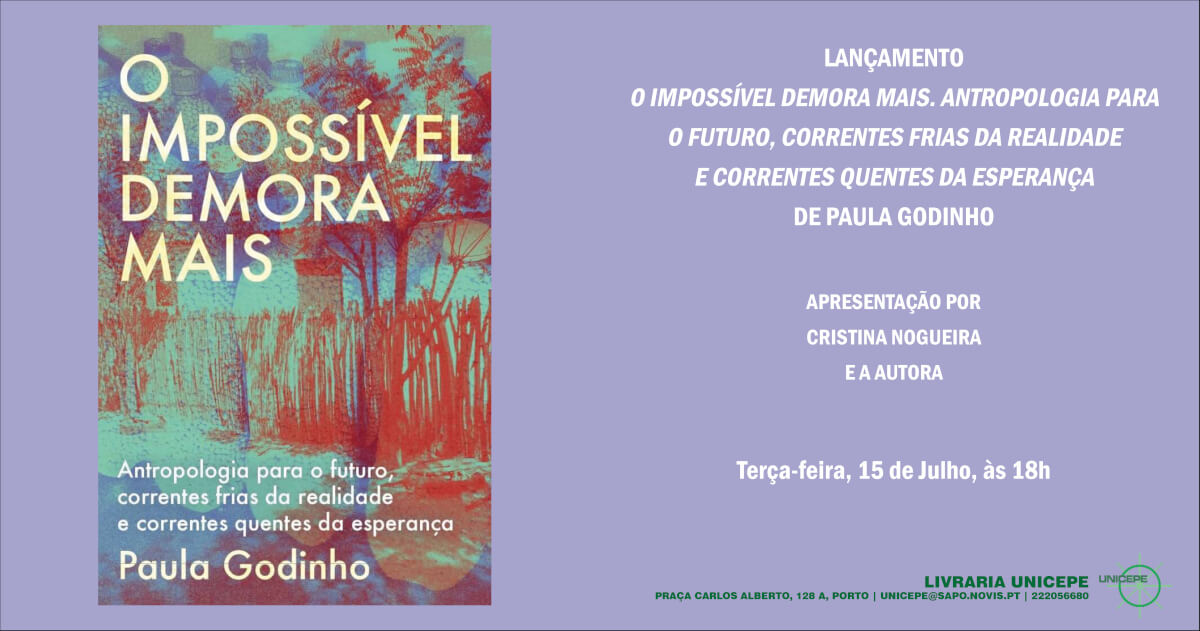
Women writing and family archives
Dec 27, 2019 | Chapters, Publications

Women writing and family archives: the missing story
- Pedro Urbano
- Recovered voices, newfound questions: family archives and historical research
- Maria de Lurdes Rosa, Rita Sampaio da Nóvoa, Alice Borges Gago e Maria João da Câmara (Coords.)
- 2019
- Coimbra: Imprensa da Universidade de Coimbra
- Language: English
- ISBN: 978-989-26-1793-0 / 978-989-26-1794-7 (online)
- 287-299
The history of womankind can only be properly explored by looking at the writings of women themselves. Because of this, family archives are essential to reconstruct women’s biographies historically, which frequently are unknown. The purpose of this paper is to demonstrate how family archives, and especially biographical writing, make it possible to learn more about the universe of women, in particular in nineteenth-century Portugal. Since most of the examples available concern the aristocracy of the time, some characteristics can be detected that define this writing and the social group it belongs to.
Key-words:
women’s writing; family archives; aristocracy; history of women; history of nineteenth-century Portugal
About the book (from the foreword):
At the core of this book are private archives, specifically family archives. Although it centers mainly around Portugal and its sphere, it provides insights also on the archives of France and of the Canary Islands. The book ends with a theoretical essay that intersects with other kinds of archives. Covering a long time span (from the later Middle Ages until today), these studies have a strong focus on the ancien régime family archives, understood as living archives, with changing purposes, dimension, the type of documents and information, location, ownership, custody, arrangement, classification, finding aids, uses, and value.
Other publications
Search
Events
julho, 2025
Tipologia do Evento:
Todos
Todos
Colloquium
Conference
Conference
Congress
Course
Cycle
Debate
Exhibition
Launch
Lecture
Meeting
Movie session
Open calls
Opening
Other
Presentation
Round table
Seminar
Showcase
Symposium
Tour
Workshop
- Event Name
seg
ter
qua
qui
sex
sab
dom
-
1
2
3
4
5
6
7
8
9
10
11
12
13
14
15
16
17
18
19
20
21
22
23
24
25
26
27
28
29
30
31

Detalhes do Evento
Paula Godinho‘s new book will also be launched in Porto, at the UNICEPE bookshop, with a presentation by Cristina Nogueira. O
Ver mais
Detalhes do Evento
Paula Godinho‘s new book will also be launched in Porto, at the UNICEPE bookshop, with a presentation by Cristina Nogueira.
O Impossível Demora Mais
Antropologia para o futuro, correntes frias da realidade e correntes quentes da esperança
Nada há de normal ou natural no desvanecimento da esperança. Neste livro, a autora parte da realidade atual da grã-crise para ensaiar uma crítica aos princípios que ordenam o tempo, entre o que pode acontecer, desacontecer e reacontecer. Os futuros desafiam-se, e a memória pode ser um terraço para outra coisa ainda, para escapar ao provável, apresentado como uma condenação. A construção do possível e mesmo do impossível remete para etnografias da resistência, em lugares concretos e entre pessoas concretas, com recurso a subjetivações libertadoras. Procuram-se fulgores que trazem dentro o jogo, a brincadeira e a festa, como invenção de mundos por vir, que poderão servir de tocha para esboroar incertezas e esboçar uma teoria das disputas do futuro, entre qualidades do tempo, rastos que são também rastilhos, rumos para a ação coletiva, esperança que é verbo e construção, prática e concretização. Finalmente, traz dentro a pressa que se põe num remate acerca do impossível, que é necessário.
Mais informações sobre o livro
Tempo
(Terça-feira) 6:00 pm - 7:00 pm
Organizador
Tigre de Papel Press and UNICEPE Cooperative
News
Manuel Loff receives Porto’s Medal of Merit
Jul 14, 2025
He was one of the personalities honoured by Porto City Council
Ricardo Noronha leads team to study “petromodernity”
Jul 7, 2025
The PETROSINES project was one of the six History projects that received funding from the FCT
Statement about the demolitions in the Bairro de Santa Filomena
Jul 3, 2025
Statement from the team of the project FILMASPORA
CONTACTS
WORKING HOURS
































































































































